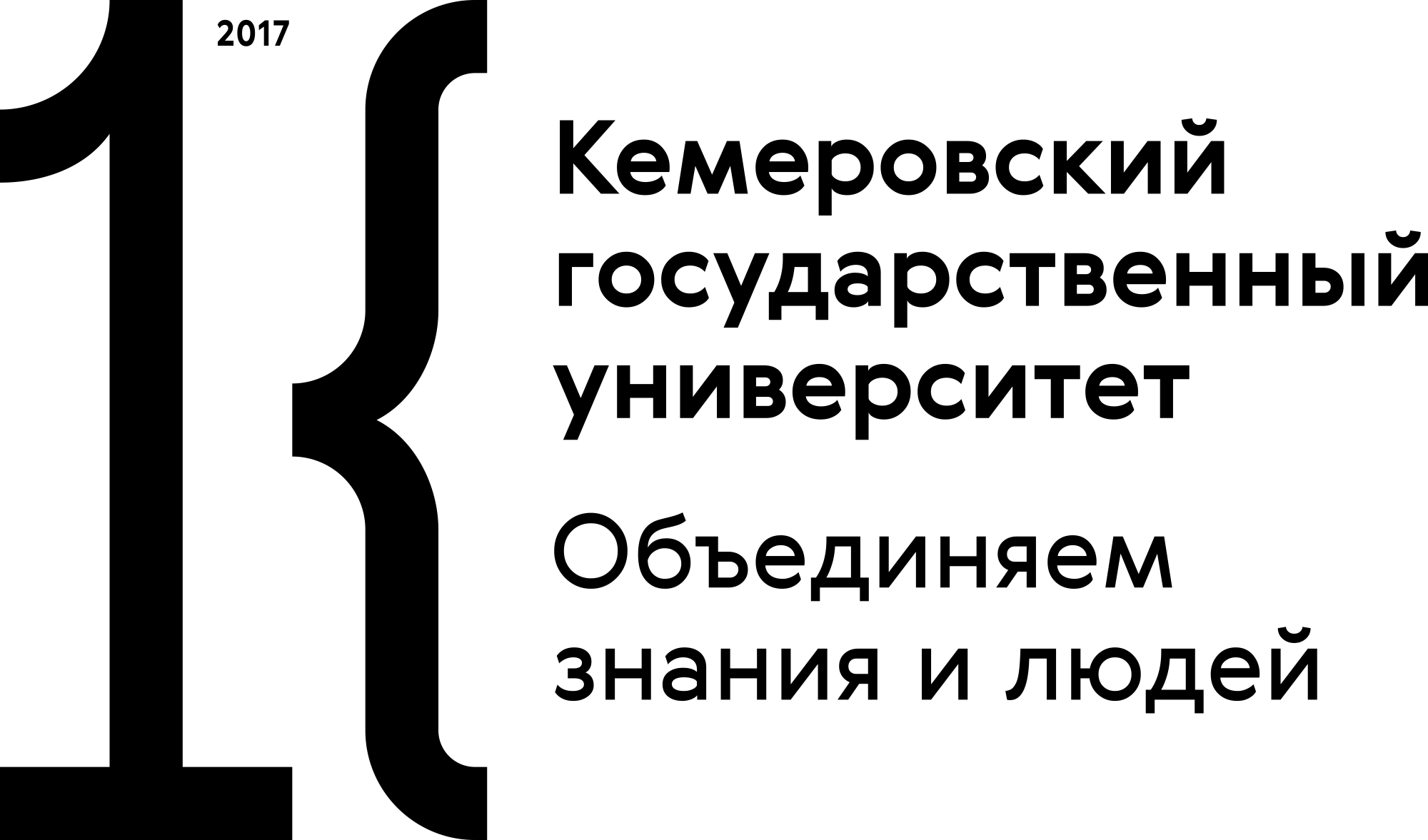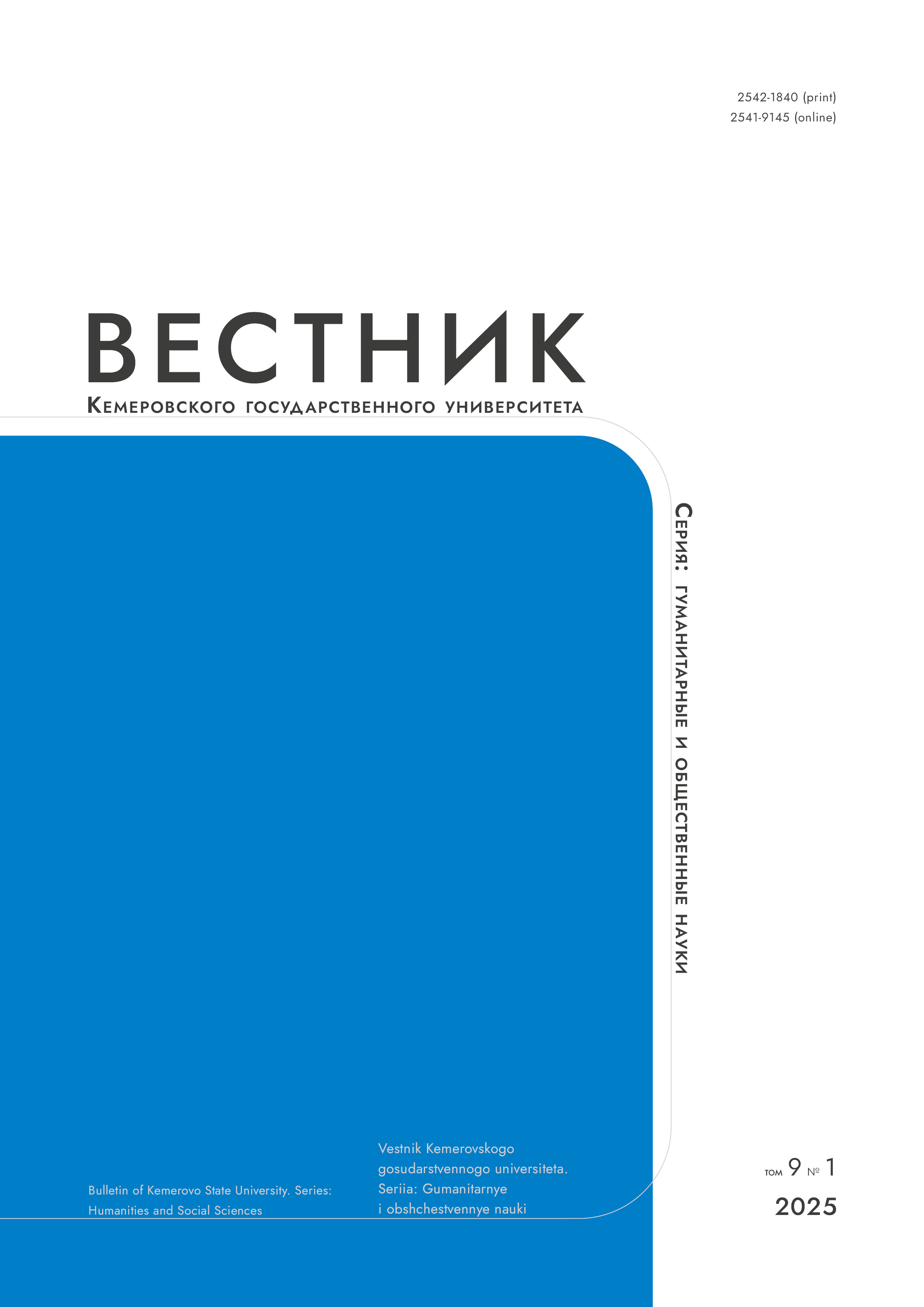from 01.01.2015 to 01.01.2019
UDC 10
The subject of the research is the dynamics of noesis of pure consciousness and the rules of formal logic. The goal was to establish the foundations for the synthesis of pure consciousness and ordinary reason. The methodological basis was the theory of pure consciousness postulated by E. Husserl in his "Ideas for pure phenomenology and phenomenological philosophy. Book one. A general introduction to pure phenomenology". The research also featured I. Kant's "Critique of Pure Reason", in particular his reflections on the "foundations of pure reason" and the formal logic of Aristotle. Results. If we split the emerging experience of pure consciousness into interoceptive and exteroceptive, it means that the pure contemplation of things is not as pure as E. Husserl believed it to be, since the reason with its invariable logical operations is always added to the noesis procedure. This leads us to a less idealized understanding of phenomenology as a philosophical trend, even though Husserl’s work used classical laws of "contemplative intuition". The results can be applied in the field of epistemology and the theory of phenomenological knowledge. Findings. The subject of knowledge, even after the phenomenological reduction is completed, is still connected with rational activity. Such a vision of the phenomenological layer could eliminate the very possibility of the appearance of "pure entities" since we do not completely abandon our everyday "natural setting". However, we believe that in order to encounter anything at all in the "epoch" state, it is necessary to continue to keep in touch with reason, since otherwise there is a risk of falling into somnambulism. Reason, although it enters the layer of pure knowledge, does not lose its formal logical abilities. Logical laws are connected with the operation of noesis, thereby creating a general experience of things of an interoceptive or exteroceptive nature.
Ego, constitution, assertion, noesis, experience, interoception, exteroception, meaning, logical laws, reason, idealization, materialization, totality of things
1. Husserl E. Philosophy as a rigorous science. Novocherkassk: Saguna, 1994, vol. 1, 357. (In Russ.)
2. Husserl E. Ideas for pure phenomenology and phenomenological philosophy. Moscow: DIK, 2003, vol. 1, 457. (In Russ.)
3. Virgo R. E. Issues of the mental in phenomenology. Molodoi uchenyi, 2015, (17): 494-496. (In Russ.)
4. Kruglov A. N. The concept of the transcendental in I. Kant: the background of the issue and problems of interpretation. Voprosy filosofii, 1999, (11): 151-171. (In Russ.)
5. Ivin A. A. The strict world of logic. Moscow: Pedagogika, 1988, 128. (In Russ.)
6. Kant I. Criticism of pure reason, tr. Lossky N. Moscow: Mysl, 1994, 591. (In Russ.)
7. Michalski K. Logic and time: the experience of analyzing the theory of the meaning of Husserl; Heidegger and modern philosophy, tr. Tverdislova E. Moscow: Territoriia budushchego, 2010, 422. (In Russ.)
8. Bordak S. N. Course of lectures on the theory of philosophy. Gomel: GomGMU, 2013, 108. (In Russ.)
9. Buchilo N. F. The art and methodology of social and humanitarian knowledge. Moscow: Norma; INFRA-M, 2018, 240. (In Russ.)
10. Nizhikov S. A. Metaphysics of faith in Russian philosophy, 2nd ed. Moscow: INFRA-M, 2012, 313. (In Russ.)
11. Khomenko I. V. Logics. Moscow: Iurait, 2015, 192. (In Russ.)
12. Drobysheva A. V., Mazur E. A. Phenomenology of sensory consciousness. Molodoi uchenyi, 2017, (11): 529-532. (In Russ.)
13. Alekseenko I. S. From the history of the historiography of psychology. Nauchnye trudy Moskovskogo gumanitarnogo universiteta, 2006, (69): 131-141. (In Russ.)
14. Motroshilova N. V. "Ideas I" of Edmund Husserl as an introduction to phenomenology. Moscow: Phenomenologiia-Germenevtika, 2003, 720. (In Russ.)


















